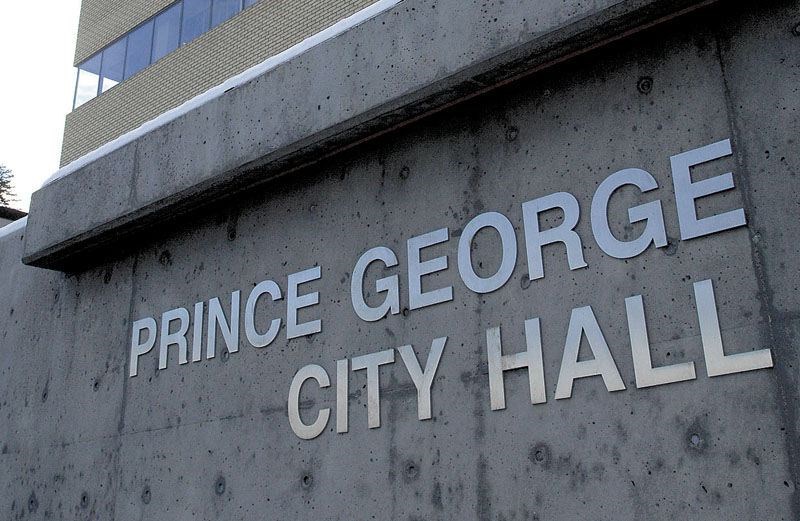The city has taken its first hit on the issue of where to allow new medical marijuana grow operations.
City council chose not to pass the first two readings of a rezoning bylaw Monday night that would limit new, Health Canada-licenced facilities to properties larger than 15 hectares within the Agricultural Land Reserve (ALR).
Instead, the group gave direction to staff to come back with alternatives that would allow council to have more of a say as to where they go.
As of April 1, the federal government's new Marijuana for Medical Purposes Regulation came into effect, which - among other things - prohibits these grow operations from being placed in residential buildings.
"It is obvious we need to guide the decision," said Coun. Murry Krause, who noted he was a supporter of medical marijuana as a tool for the medical community. "Maybe every person applying should have to come before council."
Under the proposed bylaw changes, those properties would also need to be zoned as Greenbelt or Agriculture and Forestry along with the space requirements. Staff were recommending setbacks of 30 metres from all property lines - similar to those outlined by the Ministry of Agriculture for mushroom farms and on-farm composting.
In addition to the 30m setbacks from all property lines, setbacks of 150 metres were also recommended from any other uses - residential, major and minor community care facilities (including daycares), education and correctional service.
The zoning bylaw would have been tweaked so that medical marijuana grow operations were specifically excluded from existing definitions for agriculture (general and intensive impact) and greenhouse and plant nurseries.
If applications met those requirements, there wouldn't be a need for them to come before council, although the properties would be subject to business licences and building permits.
The previous system for medical marijuana production was flawed, said Coun. Dave Wilbur, in that it afforded anonymity to growers. Council needs to send a message that the right to safety for neighbours won't be infringed, he said.
Coun. Albert Koehler called the new plan a "half-cooked approach" and that it was very slippery slope to a proliferation of grow operations.
Coun. Cameron Stolz identified the method the city uses to deal with downtown liquor licences as an example of a way council can have a say.
"From my perspective, it would seem unusual that we couldn't put that into our bylaw - it's our rule," said Coun. Lyn Hall. "I think we have the capacity to set the stage. To me, that's common sense."
Council could go without putting a plan in place for these new facilities, but "it would be good governance to have that policy before receiving applications," said planning director Ian Wells. Without that policy, there's no measure to disallow any applications.
The Agricultural Land Commission (ALC) gave its approval for these facilities to take up residency in the ALR last year.
"If a land owner is lawfully sanctioned to produce marijuana for medical purposes, the farming of said plant in the Agricultural Land Reserve is permitted and would be interpreted by the Agricultural Land Commission as being consistent with the definition of 'farm use' under the ALC Act," said an information bulletin.
The B.C. Assessment has also said medical marijuana production can qualify as a farm classification.
Those wishing to set up a licenced growing facility are required to notify their local government as well as local police and fire officials of their intent to apply to Health Canada, but municipalities can't stop the licensing process if they disagree with the proposed site.
Earlier this month, the Regional District of Fraser-Fort George finalized its bylaw requirements for medical weed grow ops, limiting them to properties 259 hectares or larger or in the agricultural industrial zone.



